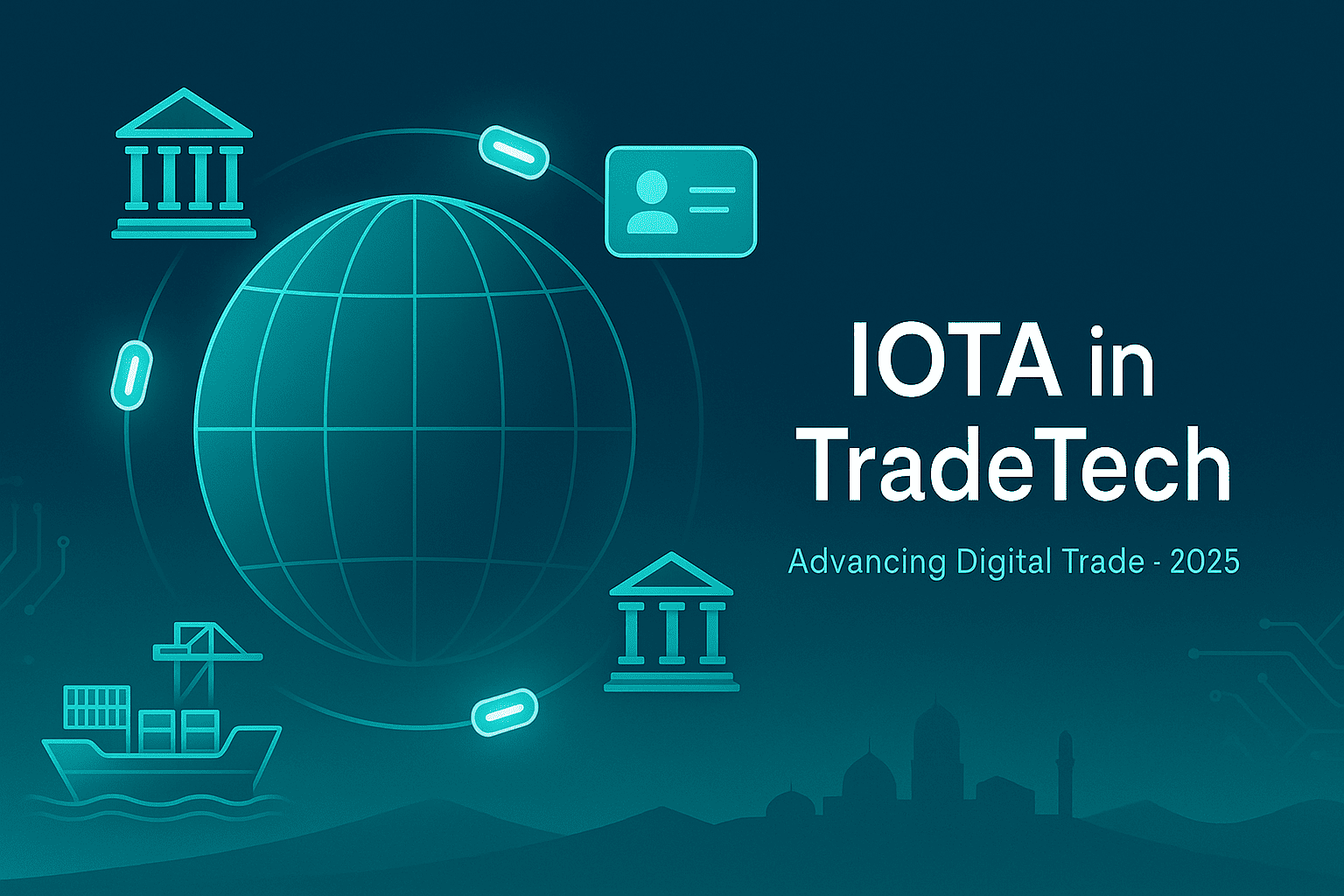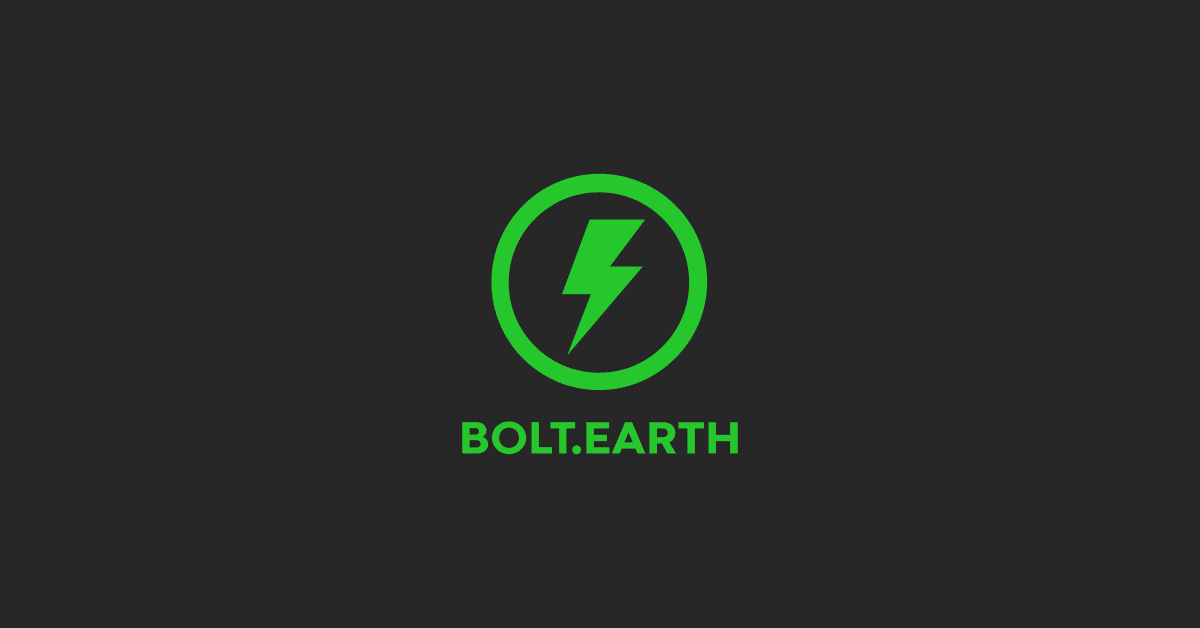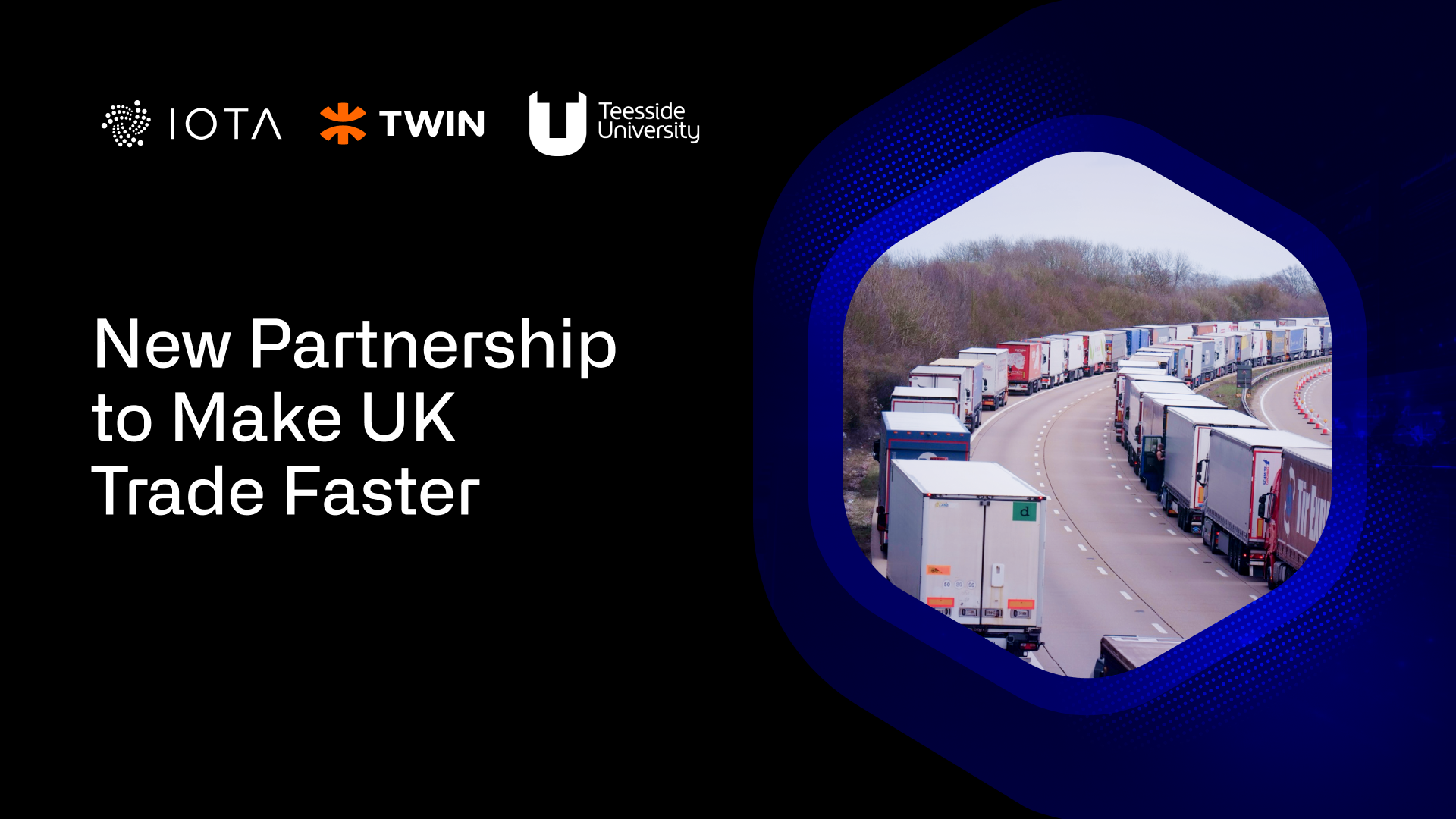WEF whitepaper spotlights IOTA as core TradeTech infra
The World Economic Forum's 2025 TradeTech report features IOTA in a multi-page case study on tokenized trade data and decentralized identity.

📰 What happened
The World Economic Forum (WEF) has published its 2025 whitepaper, Advancing Digital Trade: Insights from the UAE TradeTech Regulatory Sandbox, featuring a dedicated, multi-page case study on IOTA and its role in tokenizing trade data and decentralized identity (DID) for SME trade finance.
💡 For Stakers: This kind of institutional validation matters—it reinforces IOTA's positioning in real-world infrastructure. While you explore the news, you can estimate potential staking outcomes with the APY Calculator and keep tabs on rewards in the Staking Tracker.
📍 Where IOTA fits in the WEF report
The report's Section 2.2 ("IOTA: Tokenizing trade data and digital identity for trade finance") outlines how IOTA (via its TWIN framework) demonstrates cross-border trust by linking verified identities, digitized documents, and programmable settlement for exporters and buyers—precisely the pain points that slow SME access to finance.
WEF frames the broader sandbox as a way to bridge innovation and regulation—testing solutions from digital documents and DIDs to stablecoin settlement—so they can scale beyond pilots into production-grade rails.
In short: IOTA isn't showcased as "just another blockchain," but as digital trade infrastructure designed for interoperability, auditability, and policy alignment.
🚀 Why this is a big deal for IOTA (and for you)
Policy-grade validation. Being profiled in a WEF report focused on regulator-backed testing environments signals fit-for-purpose design, especially around identity, data integrity, and compliance hooks.
Clear problem–solution match. The use case targets real bottlenecks—paper workflows, repeated KYC/AML checks, and slow access to working capital for SMEs—where DIDs and verifiable, tokenized trade data can compress timelines.
Momentum in the TradeTech arena. The Forum has consistently highlighted digital trade facilitation as a lever for cost reduction and inclusion; IOTA's ecosystem has also engaged publicly around TradeTech initiatives this cycle.
🧪 What the sandbox tested (plain English)
- Digital identities (DID) & credentials: Participants prove who they are and what they can access without central gatekeepers—portable, tamper-evident, and privacy-preserving when implemented correctly.
- Tokenized trade data: Turning invoices and documents into verifiable digital assets makes ownership, transfer, and financing more transparent and automatable.
- Programmable settlement: Conditional flows (e.g., release funds on delivery) reduce counterparty risk and manual reconciliation—especially relevant to SMEs facing long cash-conversion cycles.
These are the kinds of building blocks that let banks, customs authorities, and SMEs "talk" to each other digitally—without forcing everyone onto one vendor's platform.
📈 How this could impact stakers and builders
For stakers and ecosystem builders, WEF's spotlight strengthens the case that IOTA's identity and data primitives map to real demand in supply chains and trade finance. That can translate into more integrations, pilots, and (importantly) regulatory-aligned deployments over time. While market outcomes are never guaranteed, institutional validation tends to increase the surface area for partnerships.
- Use our APY Calculator to estimate potential returns as you plan positions.
- Track rewards and timing in the Staking Tracker.
- Explore compounding effects with the Compounding Calculator.
👀 What to watch next
- Government and regulator adoption. The report's purpose is policy guidance; watch for uptake of DID/VC standards and MLETR-style rules that recognize digital trade documents—key to scaling beyond sandboxes.
- Corridor pilots. Expect more targeted cross-border pilots (e.g., SME exporters in emerging markets) where verifiable data plus automated settlement unlock faster, cheaper financing.
- Ecosystem funding & partnerships. The Forum has previously highlighted ecosystem efforts around TradeTech—momentum that could compound as standards solidify.
📚 Sources
External sources
- World Economic Forum — Advancing Digital Trade: Insights from the UAE TradeTech Regulatory Sandbox (landing page).
- World Economic Forum — Advancing Digital Trade: Insights from the UAE TradeTech Regulatory Sandbox (PDF).
- World Economic Forum — Revolutionizing global trade through TradeTech.
- World Economic Forum — This initiative could cut the cost of global trade by 25%.
Social post referenced
📝 Editor's note
This post summarizes a third-party report to contextualize IOTA's role in TradeTech. Always read the source materials directly and consider your own circumstances before making any financial decisions.
Tagged with:
Written by IOTA Staking Team
Expert in IOTA staking, blockchain technology, and DeFi strategies. Providing actionable insights to help you maximize your staking rewards.
Related Articles

IOTA and Bolt.Earth: Tokenizing EV Charging Stations on the Rebased Testnet
IOTA Rebased MoveVM enables tokenized EV charging stations. How Bolt.Earth's network and the IOTA testnet could bring RealFi to energy infrastructure.

IOTA Powers UK Trade Testbed with Real-World Use
IOTA's tech is now driving UK trade pilots, with live transactions set to hit the mainnet. Big implications for staking and adoption.

Why IOTA's Hackathon Could Shape Europe’s Web3 Future
Learn how IOTA's 2026 hackathon unlocks real-world Web3 skills and career opportunities. Here's why it matters for builders and stakers.
